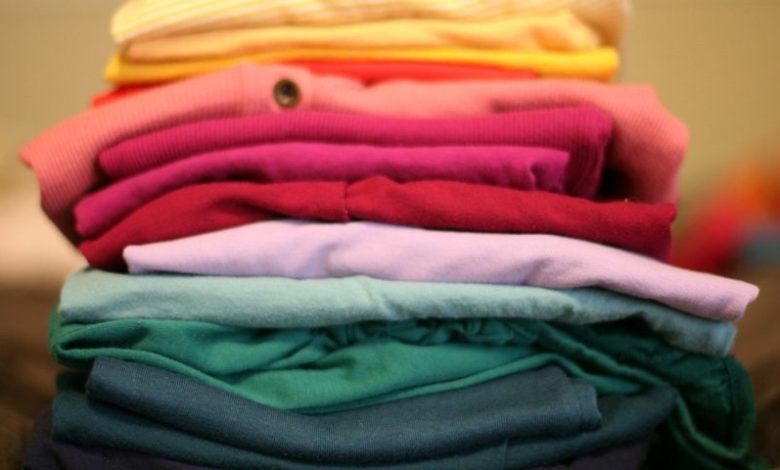Clothing & ShoesEconomyGovernmentOnline & DigitalSupply Chain
Fast fashion brands called before Parliament

A number of online only fashion retailers have been asked to give evidence as part of the Environmental Audit Committee’s inquiry into the sustainability of the fashion industry.
You'll need to
subscribe to unlock this content. Already subscribed? Login?







